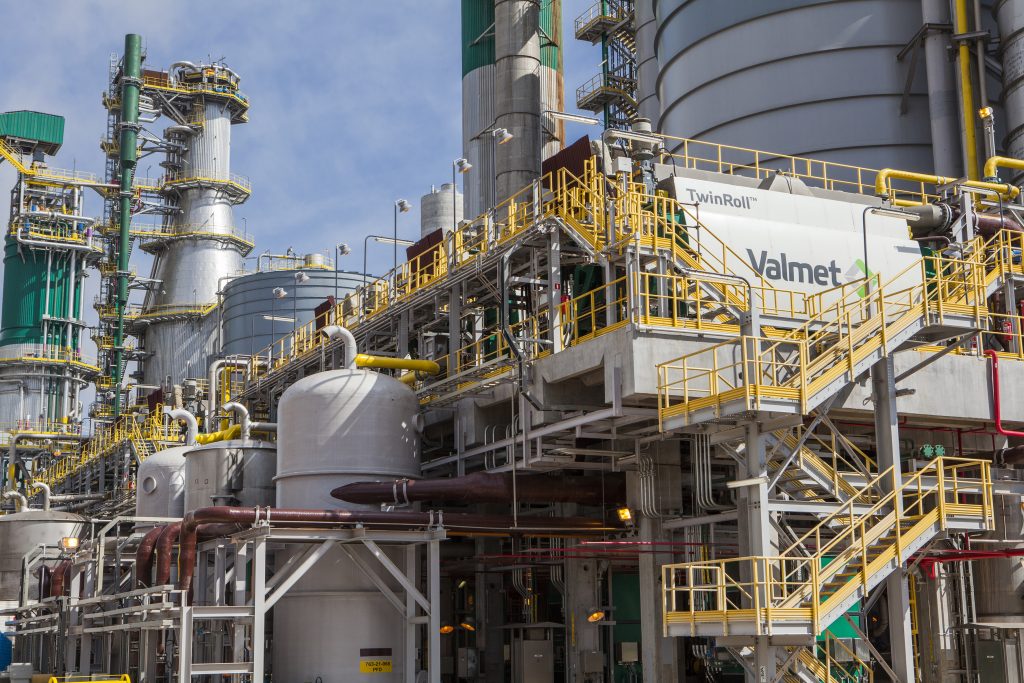
Collaboration with customers ensures better simulators
Joint development of Optimation’s simulation library enables a faster introduction of simulators and facilitates further development. Optimation has signed collaboration agreements with several customers, among others, Valmet, following delivery of simulation libraries. Experiences have been positive.
By working together with Optimation the customer quickly gains access to a complete simulator.
“A simulation library is not like a simple word processor that you just unpack and get started with,” says Thomas Eriksson, CEO of Optimation AB. “When we have the opportunity to work together with our customers, they get faster and more efficient development of a functional simulator. At the same time, it is of course a great advantage for Optimation that we learn how customers want to use the simulators, and what their needs are in terms of different functions.”
Custom components
Together with Valmet and others, Optimation has developed specific components and process sections for the simulator.
“Valmet obviously knows their own technology best, and Optimation has extensive experience in building simulators. Together, we can do it right from the start.”
Another reason for collaboration was a financial one. Charging for licenses would create a high initial cost, and maybe become too expensive in many cases. But by participating in the continuing work on the simulators the customer and Optimation can agree as to the extent of collaboration.
“It is also faster for Optimation to participate in the further development of simulators when we have been part of the project all the way. Both parties develop their skills during the collaboration,” says Tomas Eriksson.
Extended training
Collaboration with Valmet has also resulted in simulators for different process sections of a pulp mill. Here, Optimation also participated in the training of the operators, in China and other countries.
Initially, it was planned that Optimation would help a training company to design a simulator training programme for lime kilns at a Chinese pulp mill, for which Valmet delivered control equipment. The training company withdrew from the assignment late in the process, so Optimation took over the training programme together with Valmet. The task was not made easier by the Chinese pulp producer sending twenty-five participants instead of the planned six.
“It was a little bit hard to keep up the attention level when there were eight operators on each computer, instead of two,” says Magnus Aråker, Optimation, who led the training in China.
The training was complicated by the fact that all the instructions had to go through an interpreter who was not very proficient in the industry terminology.
“We had to use a military style of training, with clear and short orders. But in the end everything went well and the Chinese operators and their managers seemed satisfied with the training they had received.”

